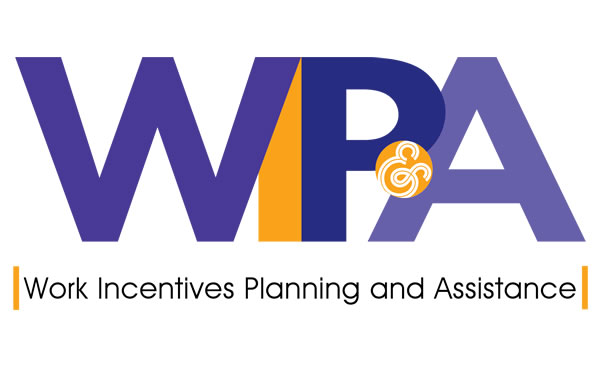Can you work if you receive SSI or SSDI?
Yes! And BAC can tell you how. People who receive Supplemental Security Income (SSI) and Social Security Disability Insurance (SSDI) sometimes wonder:
- What happens to my cash benefits if I get a job?
- Can I keep Medicare or Medicaid when I’m working?
- What about other benefits I get?
BAC partners with Social Security to provide personalized answers to your questions. We’ll show you how to work and get ahead. And our services are ongoing—we’ll follow you on your journey.

Our partnership with Social Security is called Work Incentives and Planning Assistance (WIPA). BAC will match you with a certified Community Work Incentive Coordinator (CWIC) to provide you with personalized WIPA services.
CWICs have passed a rigorous security and certification process. They support the success of beneficiaries age 14 through full retirement age who are working, have a job offer, or a specific job goal. We serve 11 counties in Florida:
Brevard, Glades, Highlands, Indian River, Martin, Okeechobee, Orange, Osceola, Polk, Seminole, St. Lucie
How to get connected with BAC WIPA Services:
- Call the Ticket to Work Helpline at1-866-968-7842 or 1-866-833-2967 (TTY). If you are eligible for services, your referral will be sent to us. We will contact you within 2 – 3 business days of receiving your referral. Download our Ticket To Work Flyers for more information: English or Spanish
- Through Vocational Rehabilitation – If you are connected with VR you can ask your counselor if a referral for WIPA services is right for you.
- If you have questions about our WIPA program, please contact our CWIC team at planning@bacemploy.com
Social Security Work Incentives
Special programs called work incentives let you work if you receive SSDI (Social Security Disability Insurance) or SSI (Supplemental Security Income). See Social Security’s Red Book and Fact Sheet for details.
SSDI:
You must report monthly gross wages to Social Security. And report other changes like a new pay rate, new hours, employment starting or stopping, and other changes. SSDI work incentives include:
- 9-month Trial Work Period (TWP) with no earnings limit.
- 3-year Extended Period of Eligibility (EPE) with full SSDI benefits if you’re earning under Substantial Gainful Activity (SGA). And quickly restart your benefits if you can no longer earn SGA.
- Extended Medicare for at least 7 years and 9 months (or more) after the TWP.
Important: You may have already used some of these work incentives. Please see the contact list above to request a referral for personalized WIPA services.
SSI:
You must report monthly gross wages to Social Security. And report other changes like a new pay rate, new hours, employment starting or stopping, income you receive outside of work (“unearned income”), marriage, and other changes.
- You have more money when you’re working because SSI only counts half of what you earn (before taxes).
- Student Earned Income Exclusion (SEIE): Students under age 22 can work without SSI being reduced (limits apply).
- Plan to Achieve Self-Support (PASS): A special savings program to help you achieve your job goal.
- Keep Medicaid if you have SSI and a job—in some cases even if you’re working full-time (called 1619b—limits apply).
- ABLE Account: Allows people who became disabled before age 26 to save money and keep SSI and Medicaid because ABLE is exempt from SSI’s resource limit.
And see SSI’s Spotlights for more work incentives.
This document is funded through a Social Security cooperative agreement. Although Social Security reviewed this document for accuracy, it does not constitute an official Social Security communication. We published this webpage at U.S. taxpayer expense.
